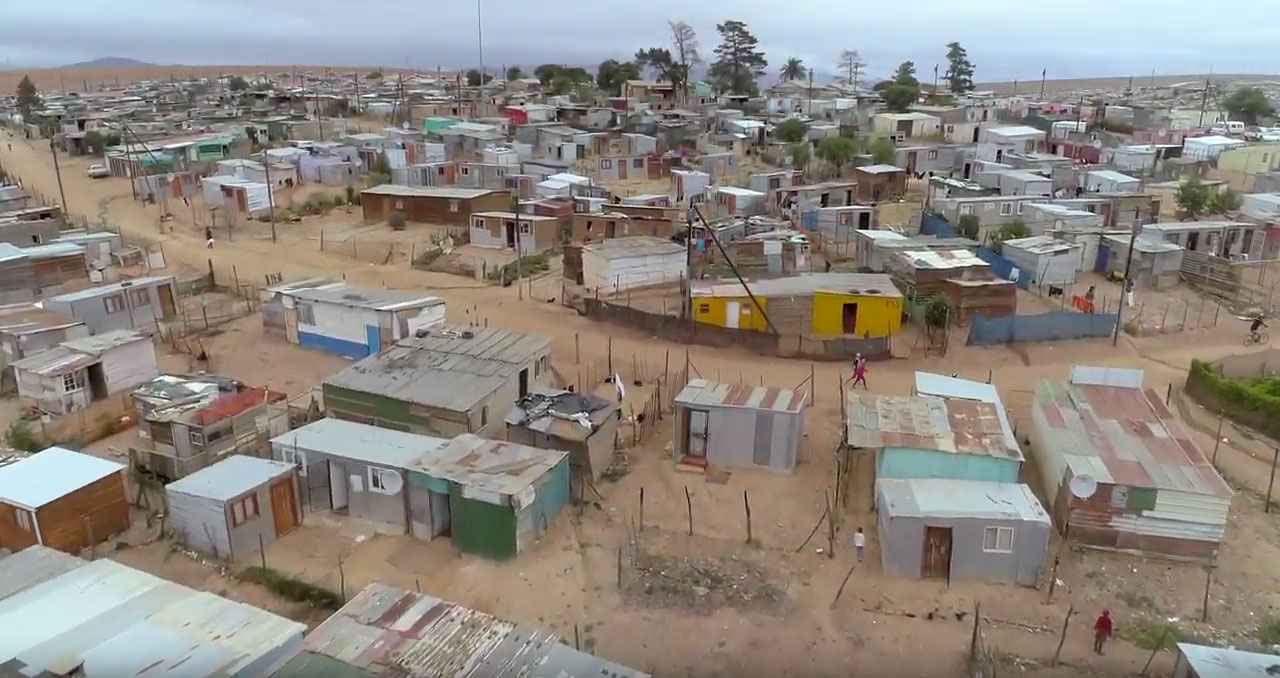African Centre for Cities
The Ove Arup Foundation provided funding to initiate the Master of Philosophy course in Urban Infrastructure: Design and Management at University of Cape Town to allow the course to use some of the world’s best academics and practitioners in this area through a visiting Fellows programme.
This course started with 45 students in 2006 and has increased to 120 students in 2012. The current intake includes students from China, the Netherlands and Germany.
The legacy of the initial TOAF grant has carried through to today and the MPhil course has expanded into other programmes. Outputs have continued to influence the curricula.
The MPhil course is aimed at building capacity amongst government and the private sector practitioners who are committed to the future of African cities, and in particular, to the servicing of poorer urban inhabitants.
The course has had many successful outcomes including
- Further knowledge of programme available to mid-career built environment consultants, particularly in the public sector;
- Geographic spread and numbers of students has increased;
- Substantial increase in built environment inter-disciplinary working
Our involvement with the African Centre for Cities has now moved on and we are now funding a programme entitled: ‘Spatial & Design Literacy for Excluded Neighbourhoods’ that will develop a methodology to assist poor communities to imagine alternative futures and show them how, with the aid of a ‘Design Manual’ for social movements, to impact on formal government policy priorities and processes.
The question is how do the urban poor survive when the infrastructure provided by government does not exist or breaks down?
The programme is interested in achieving a greater cross discipline integration and working. The output from the programme has fed into a public exhibition called ‘City Divided/ City Deserved’ at the City Hall in Cape Town and achieved a lot of publicity.
Although this is an African Centre for Cities research project its application can be applied on other continents including: Latin America, India and South East Asia.
The key outcomes of this initiative are:
- Mediates and creates communication between built environment professionals and ordinary citizens
- Provides an instrument for change
- Balance between design and social aims
